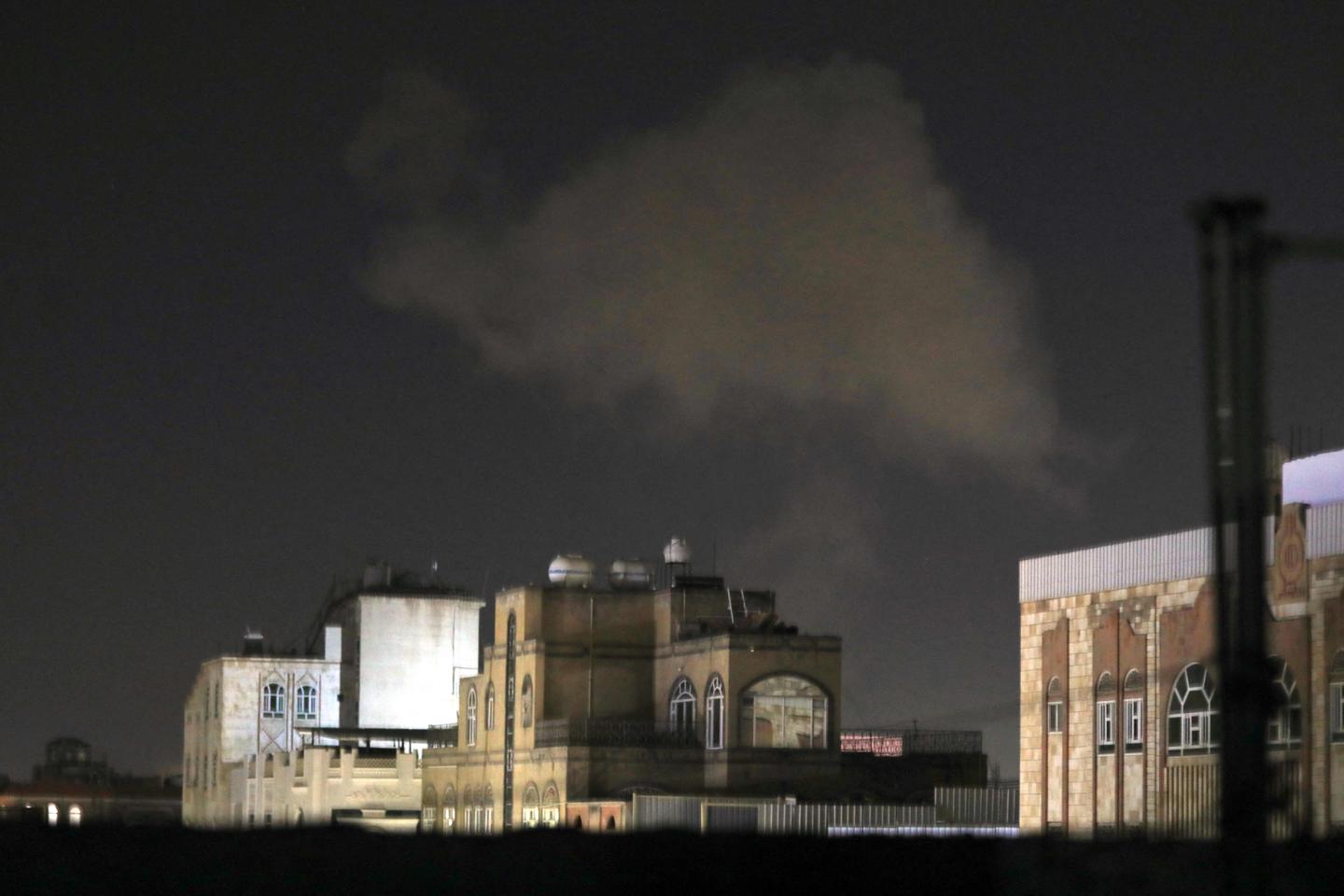Boeing workers overwhelmingly vote to strike – Technologist
Thousands of Boeing factory workers in the United States overwhelmingly voted on Thursday, September 12, to strike, spurning a contract that the embattled aviation giant characterized as a boon for manufacturing staff given the company’s stressed financial condition.
Hourly workers in the Seattle region rejected the contract with a vote of 94.6% and to strike with 96%, said Jon Holden, president of the International Association of Machinists and Aerospace Workers District 751. “Our members spoke loud and clear tonight,” said Holden, who represents about 33,000 workers in the Pacific Northwest. “We strike at midnight.” A strike will shutter two major plane assembly plants in the Puget Sound region and sideline some 33,000 workers.
Thursday’s vote marks a decisive rejection of a deal that line workers said was far less generous than depicted by Boeing executives, marking the latest show of defiance by unions following earlier strikes in the auto, entertainment and other industries.
Boeing said that despite the outcome, it was ready to resume negotiations. “We remain committed to resetting our relationship with our employees and the union, and we are ready to get back to the table to reach a new agreement,” a statement said.
Led by new CEO Kelly Ortberg, Boeing had hoped a 25% wage hike over four years and a commitment to invest in the Puget Sound region would avert a costly strike as the company struggles to right the ship. Ortberg argued in a message to staff that the general wage hike marked the largest in history and that a strike “would put our shared recovery in jeopardy, further eroding trust with our customers and hurting our ability to determine our future together.” But rank-and-file workers reacted with fury to the agreement, which was initially backed by IAM leadership.
‘Hollow’ commitments
Workers had sought a 40% wage hike and critics have said the 25% figure is inflated because the new deal also eliminates an annual company bonus. Other points of contention include the deal’s failure to restore a pension, as well as a Boeing pledge to build its next plane in the Seattle region, which critics view as a “hollow” commitment because it offers no promises beyond the four-year contract.
Some workers also expressed anger about Dennis Muilenburg and Dave Calhoun, two former CEOs who received multi-million dollar compensation even as the company faced turmoil upon their departure.
The IAM has a history of striking, with the most recent stoppage in 2008 lasting 57 days. Holden has said he initially backed the deal as the best that could be achieved without striking.


